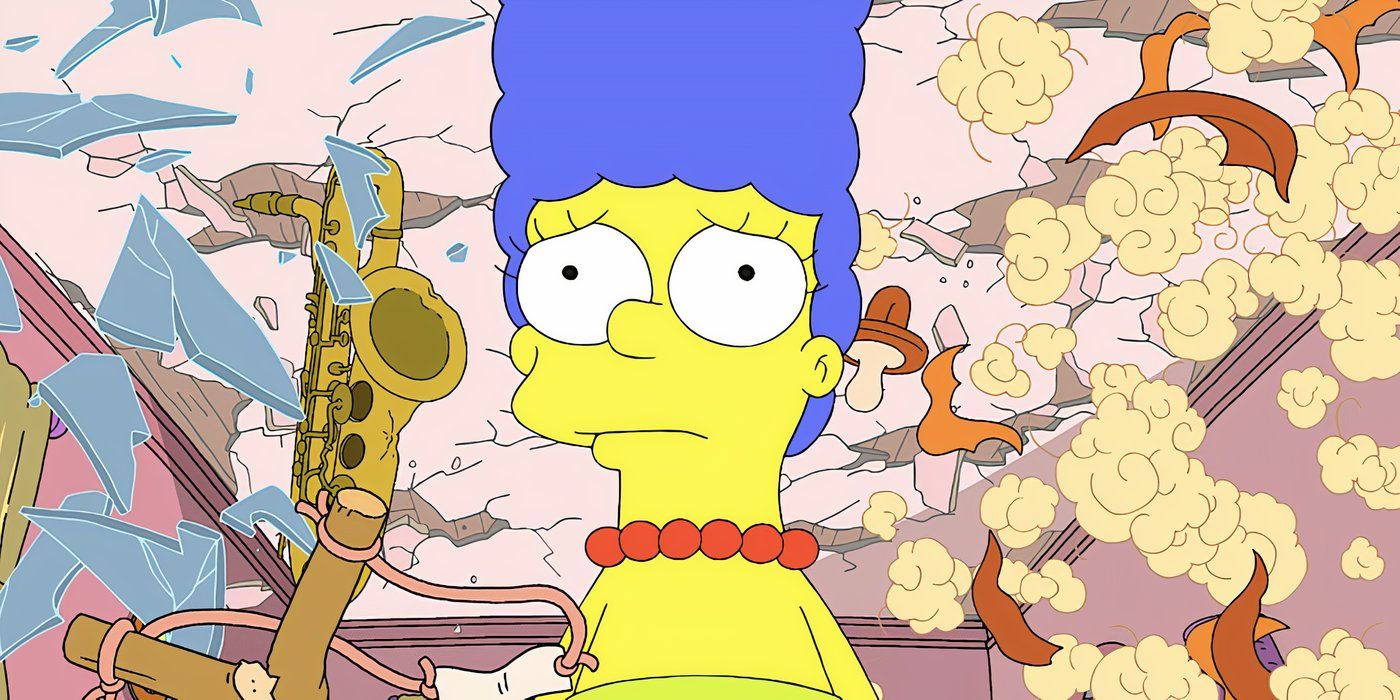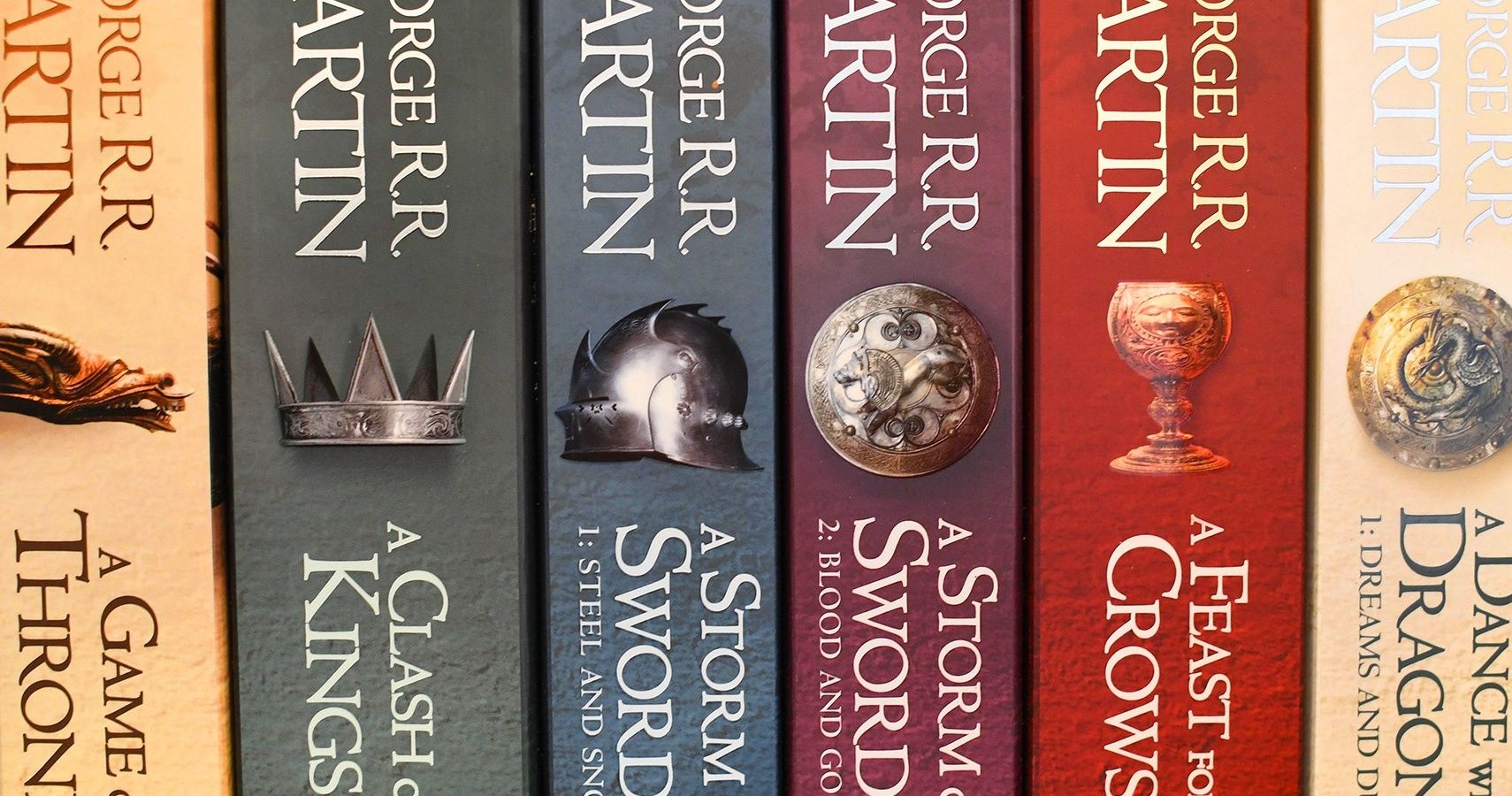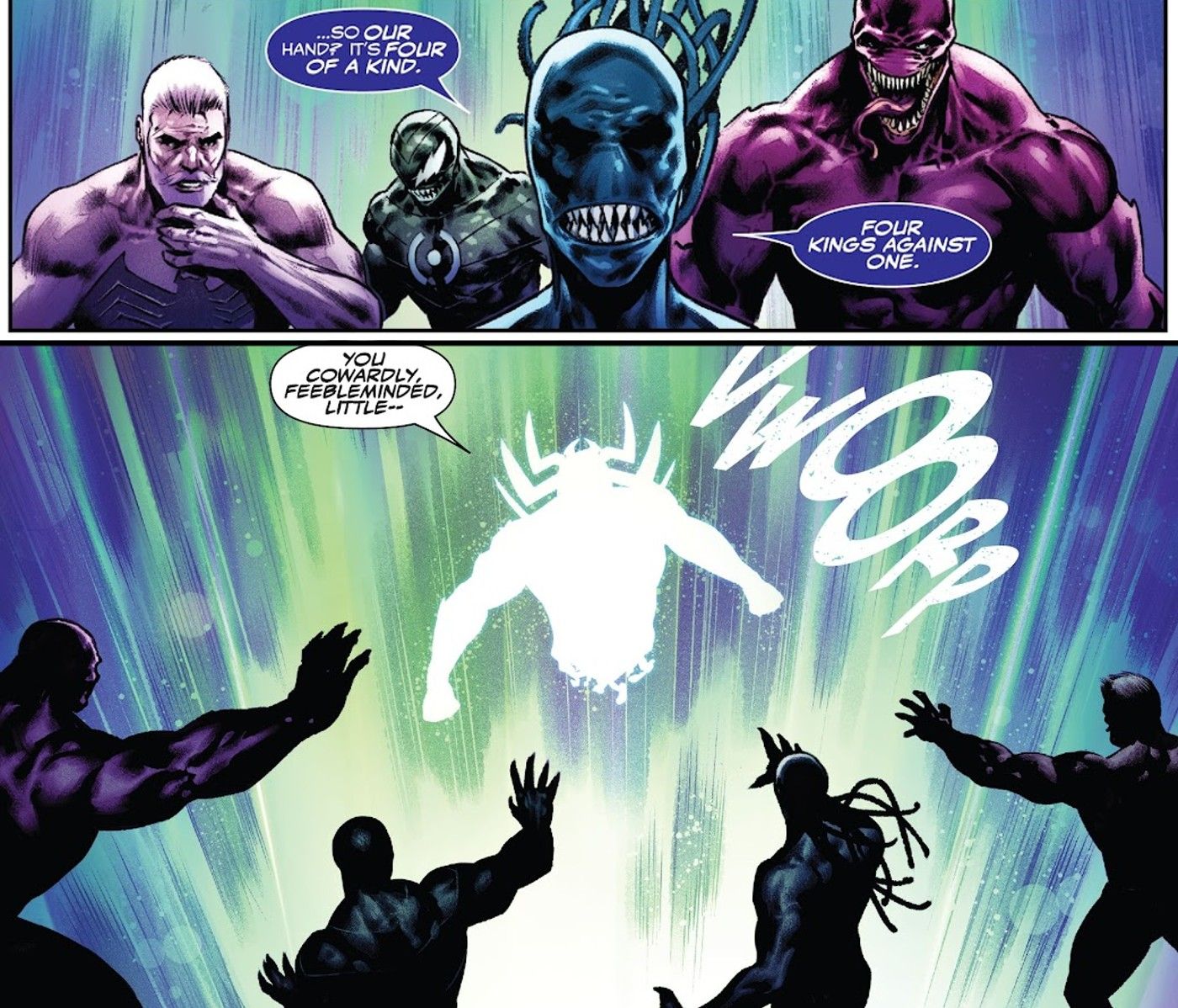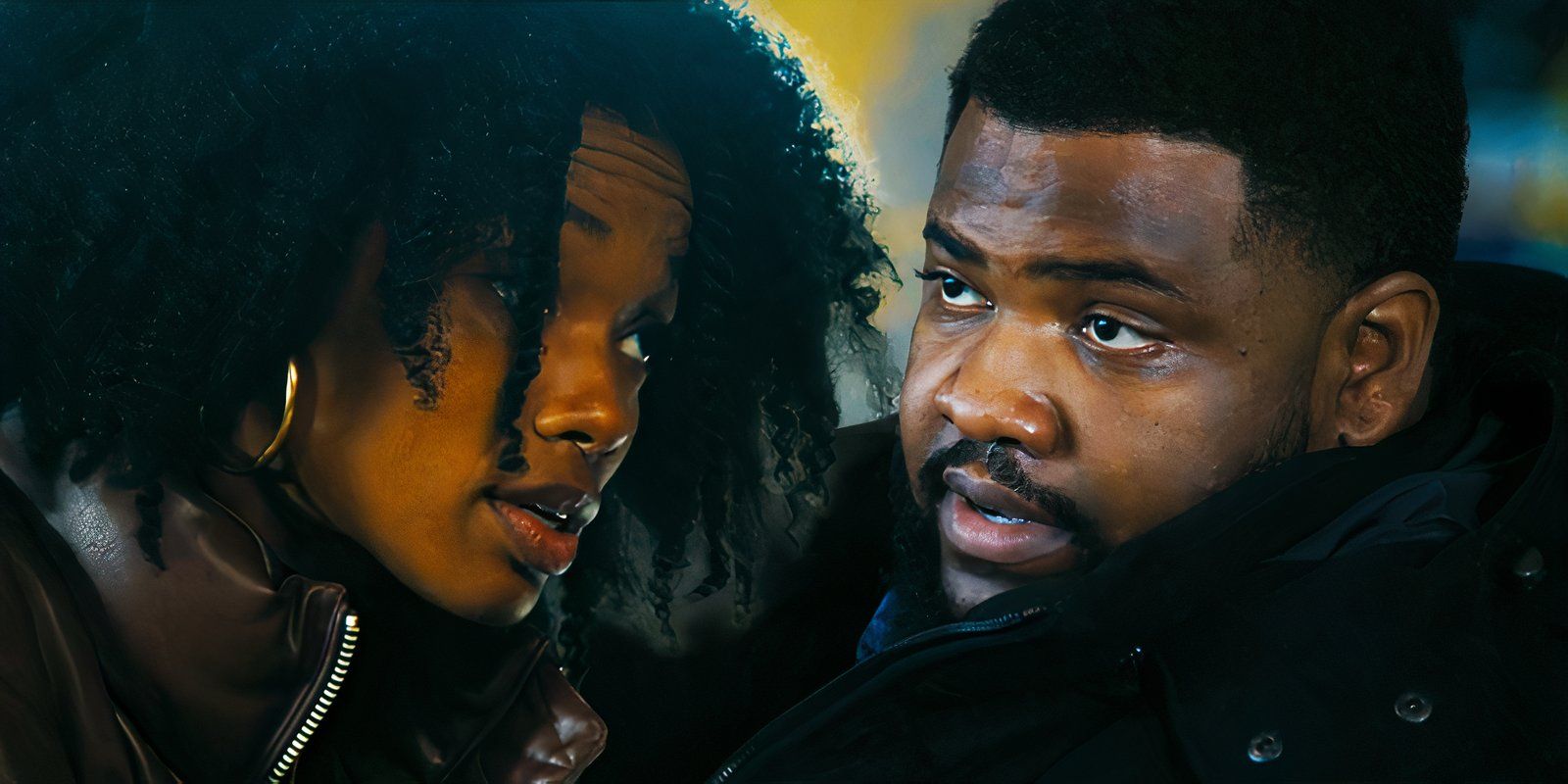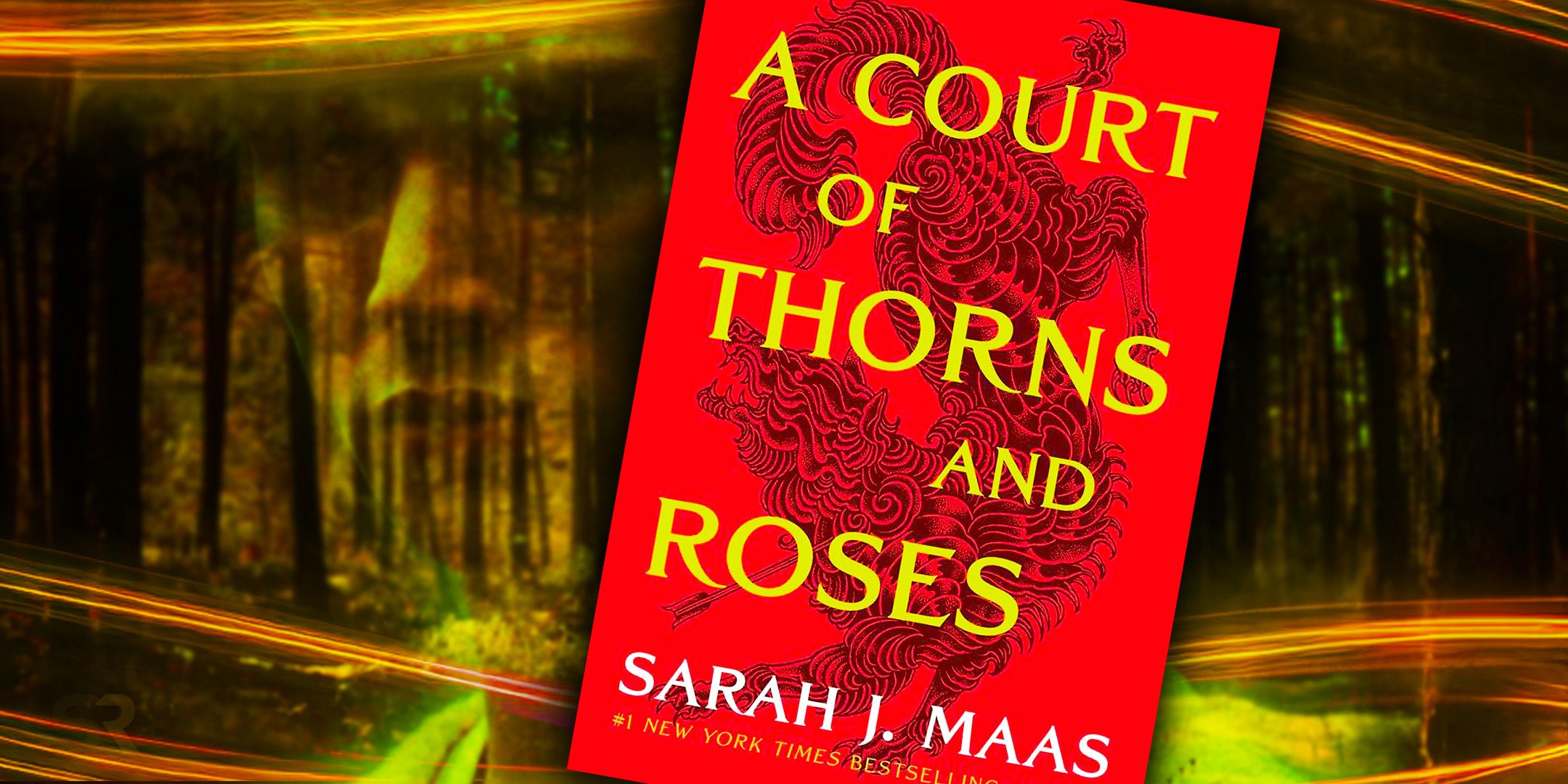The false outrage over HBO Max’s removal of Gone With the Wind from its platform ignores how the movie has been mired in decades of controversy and critical conversations. As protests continue to dominate America following the deaths of George Floyd and Breonna Taylor, among many other Black individuals who suffered at the hands of systemic racism and police brutality, many white people have been forced to reckon with their own privilege and role in upholding white supremacy.
While various facets of the entertainment industry scramble to offer their own vague platitudes of valuing black lives, the public has proven to be far less patient with such hesitations. People want action and Hollywood, along with every other area of life, has had to show their work. HBO Max, the recently launched streaming service from WarnerMedia, quietly made the decision to take Gone With the Wind, one of the most famous movies in Hollywood history, off its platform. This came after writer-director John Ridley, who won an Oscar for the screenplay to 12 Years a Slave, called attention to the movie’s near-legendary racism in an editorial for LA Times.
HBO Max and WarnerMedia confirmed Gone With the Wind‘s removal, saying in a statement that the film’s depictions don’t align with the company’s values and when they eventually return the movie to the platform, it will come with a “discussion of its historical context and a denouncement of those very depictions.” However, Gone With the Wind won’t be altered in any way. While it’s important to maintain the film in its original condition and present it as a product of its time, all of this ignores that Gone With the Wind has always been problematic.
Gone With the Wind Was Always Problematic
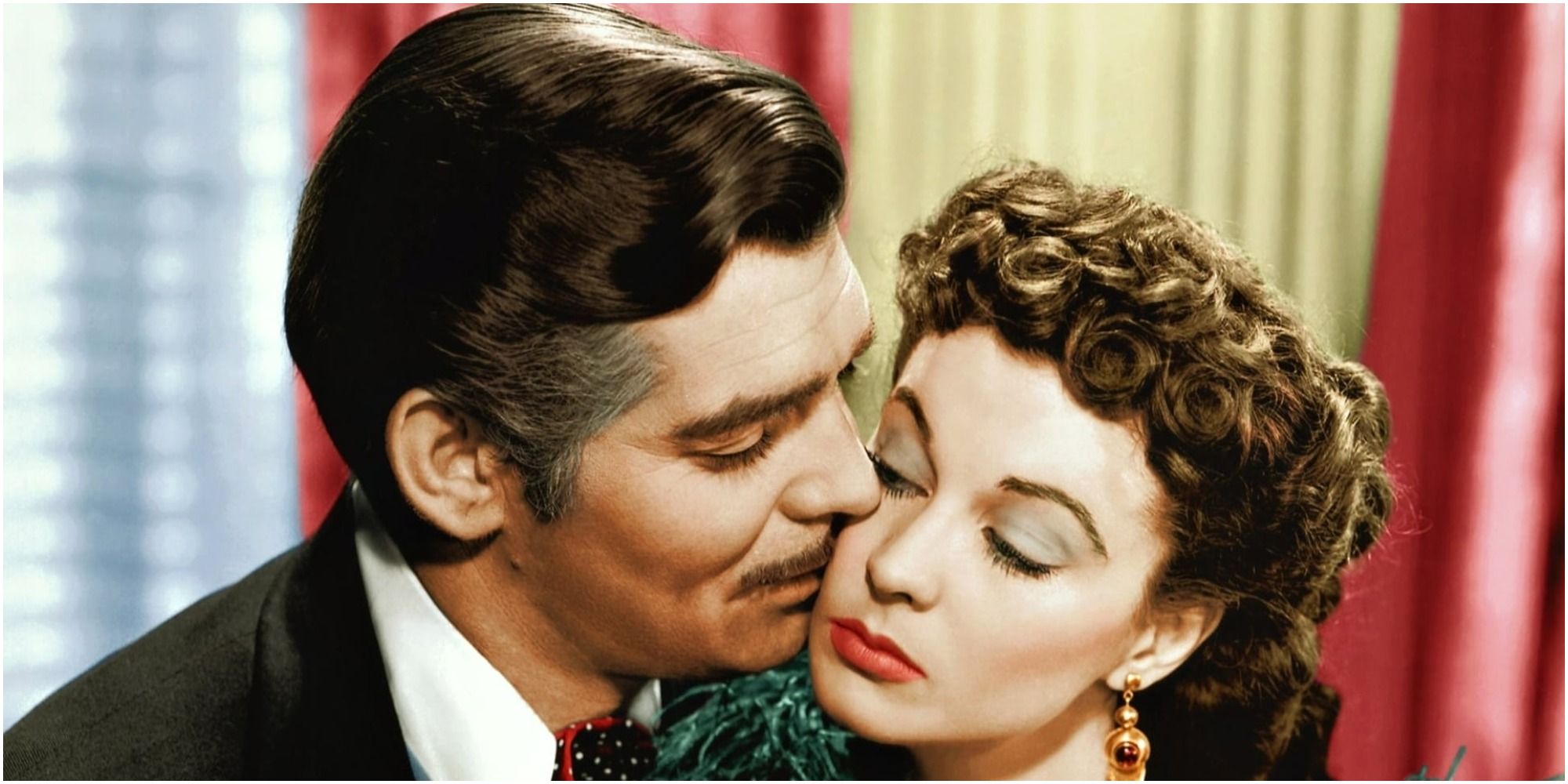
To be clear: Gone With the Wind has always been a controversial movie. There is no point in the history of the film or the novel by Margaret Mitchell that it was adapted from where it has not been a lightning rod for contention and socio-political analysis. The NAACP even organized protests and pickets of the movie upon release (via Journal of Popular Film). When producer David O. Selznick acquired the rights to the book, which was something of a pop culture phenomenon at the time, he received countless letters from activists warning him that Gone With the Wind was not only full of harmful stereotypes of African Americans but that its softened depiction of slavery and white supremacy could lead to major problems. One 1936 letter from Human Meyer (via Harry Ransom Center) noted of Gone With the Wind:
“The picture is a Negro-baiting film that will only encourage such organizations as the Klu Klux Klan and the Black Legion to continue their terrorism and their violations of civil rights. I feel that such a film will certainly not meet with the approval of the people but will be welcomed by the Fascists and Nazis of this country. Again let me urge you not to produce this ‘UnAmerican’ (sp?) film.”
Selznick was not unaware of these problems either; he even entered a letter correspondence with Walter White, then the head of the NAACP, who wanted Selznick to hire a Black adviser for the film to ensure a more accurate portrayal of the history. Earl Morris, a writer for The Pittsburgh Courier (via Newsweek), launched a scathing campaign against the movie and the book’s use of the N-word, which Selznick ultimately chose to remove from the script. Even in the 1930s, he knew that such slurs would be a bad inclusion into his deeply problematic movie. Indeed, one wonders if Gone With the Wind would have endured as it has with audiences had the N-word been as prevalent in the movie as it is in Mitchell’s novel.
This context is crucial because so many of the bad faith arguments happening around Gone With the Wind now are rooted in the false assertion that people have only begun to complain about the movie’s racial politics in recent times. In reality, this was an issue in the 1930s to the point where the producer of the film even tried to lessen the incendiary rhetoric of the source material in the hopes of winning over Black audiences. Gone With the Wind may be “of its time” in many ways, but that remains a weak excuse for dismissing its inherent racism, especially since the movie was labeled racist back then just as loudly as it is now.
Gone With The Wind’s Problem With Civil War & Slavery
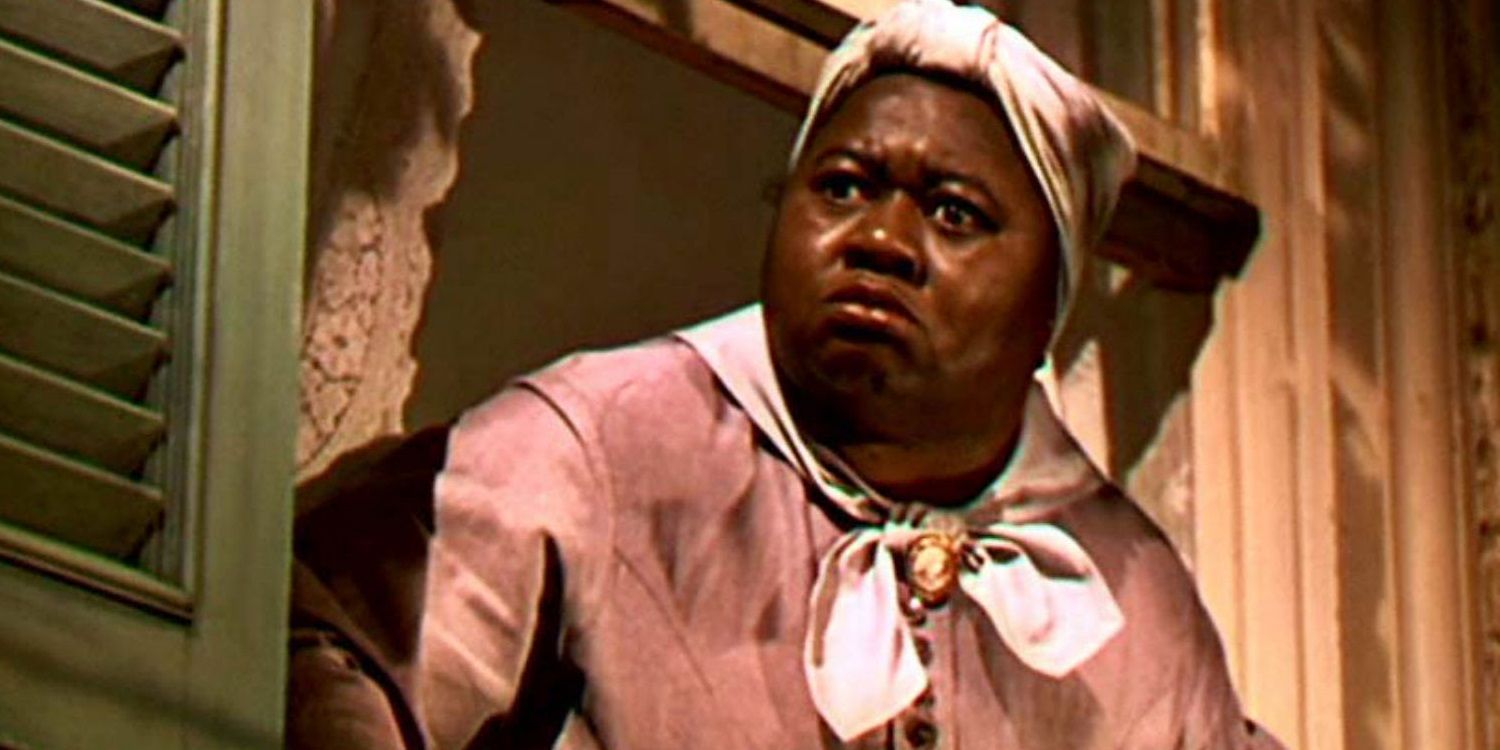
Carlton Moss, one of the pioneering figures in independent Black cinema in the early years of Hollywood, described Gone With the Wind as a “nostalgic plea for sympathy for a still living cause of Southern reaction” chock full of racist stereotypes that acted as a “rear attack” on Black Americans in much the same way that D.W. Griffith’s The Birth of a Nation was a “frontal attack on American history and the Negro people,” as explained in Fade In, Crossroads: A History of the Southern Cinema. He was one of many voices in the 1930s calling out Gone With the Wind‘s near-propagandist take on slavery, the Civil War, and enslaved people in the South.
While Mitchell’s book is quite a bit more racist than the film, that does not mean that the movie is devoid of serious issues in the way it treats blackness and the Civil War. The slave-owning Southerners are depicted as the heroes, with Scarlett O’Hara’s determination to cling to ownership of her plantation shown as a move ultimate heroism. The KKK are shown as heroic, even though they are not named explicitly in the movie, especially in the face of leering Black men who are seen as both stupid and dangerous. Mammy, played by Hattie McDaniel, was seen as the exemplification of the Mammy archetype, a stereotype of a homely Black woman who dotes on her white boss/owner. Slavery as a whole is skimmed over by the movie, with the Civil War seen as a battle over traditional values rather than the right to literally own Black people, and the slaves shown on-screen mostly fit into the happy slave stereotype of Black men and women who were delighted by their lot in life, seen as too irresponsible to work and life free of ownership.
Gone With The Wind’s Depiction Of Marital Rape
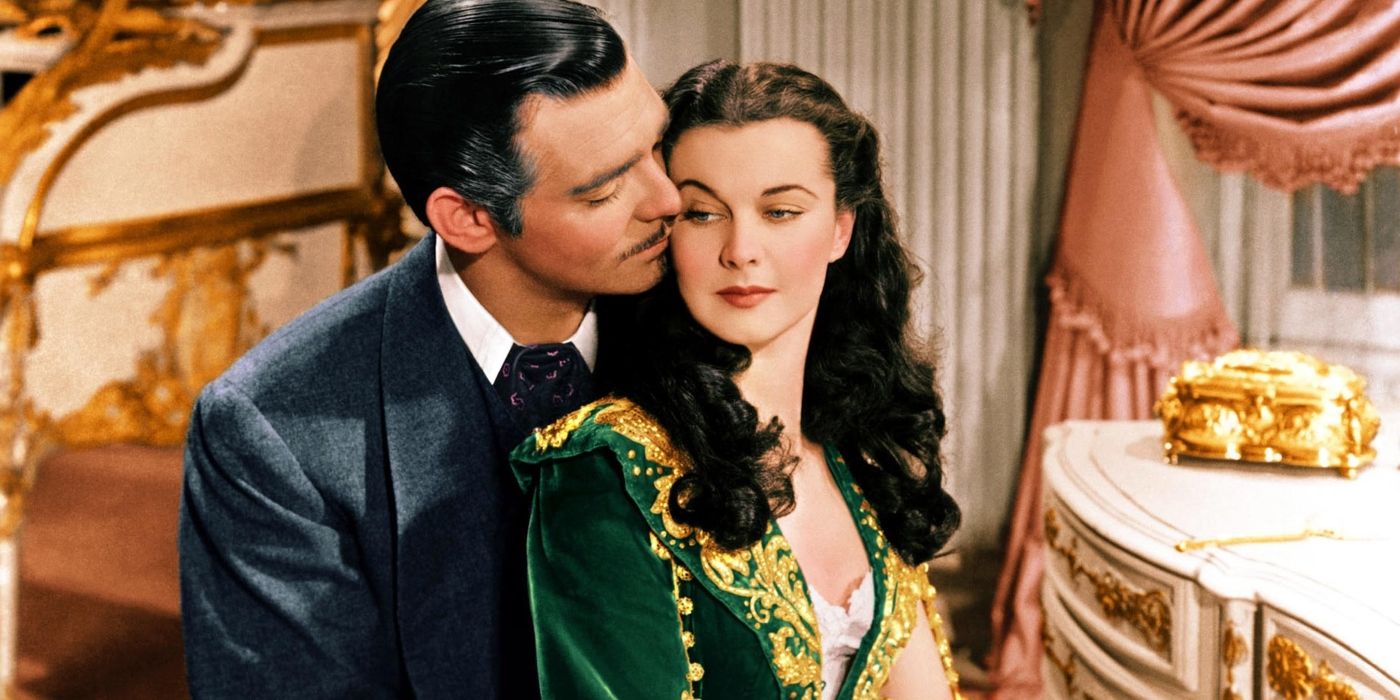
Gone With the Wind‘s problems extend beyond its racism. In one of the film’s most infamous moments, Rhett forces himself sexually onto Scarlett, who repeatedly tells him “no”. In the next scene, he apologizes for his behavior, which he blames on his drinking. This scene is clearly a moment of marital rape softened into something more palatable for audiences (as well as the Hays Code, which forbade the explicit depictions of such on-screen.) Spousal rape did not become illegal in all 50 states in America until 1993, with a common defense of the abuse being that many women secretly enjoy being forced into sex. Gone With the Wind certainly depicts this moment as something that Scarlett eventually relishes and is something Rhett “needs” to give to her.
Gone With The Wind Is An Important Movie – But HBO Max’s Change Is Good
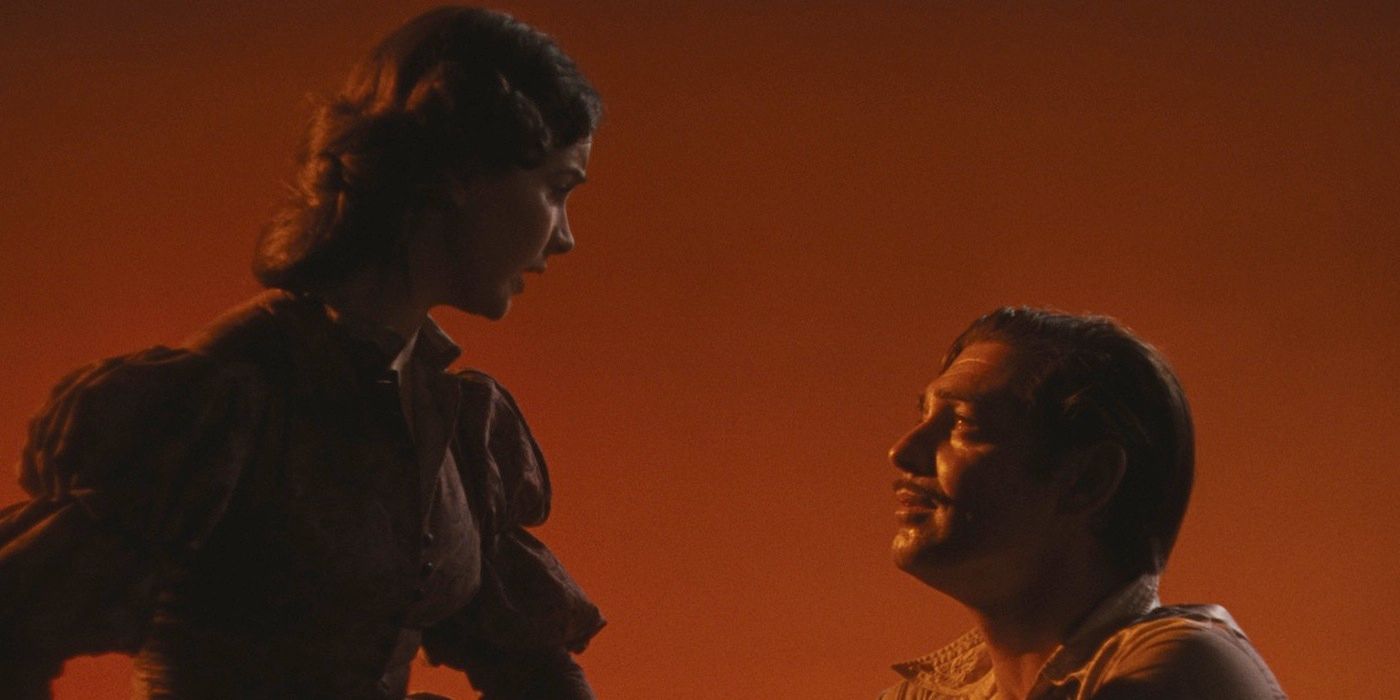
Gone With the Wind will forever remain a crucial part of Hollywood history. Adjusted for inflation, it remains by far the highest-grossing movie of all time and its legacy, both on and off the screen, is certainly not up for debate. That will never go away and neither will the film, even though some critics of HBO Max’s decision seem to think it is being totally disappeared by the industry. Even if it were to be removed from the streaming service entirely, the film is still readily available to buy (and continues to be a mega-money maker for the studio all these decades later).
Given how much influence Gone With the Wind continues to have over American pop culture and history over 80 years after it released, it’s certainly a film whose power needs to be properly contextualized. A movie can be a major tool for good but, as with any great educational tool, you need the right materials to get those conversations going. Gone With the Wind is, of course, not the only film to ever stereotype Black people or romanticize slavery, or even turn slave-owners into heroes, but it is the one that continues to be beloved by audiences in the 21st century, shaping conversations about real history in a way that can be more enthralling to people than the truth. It only benefits HBO Max and Gone With the Wind to offer such a discussion, much in the same way that old Looney Tunes shorts are prefaced with a note about the offensiveness of some of their racial depictions.
Giving the movie such context is also a far better option for HBO Max than sweeping it under the rug, as Disney has famously done with Song of the South. Disney’s controversial live-action and animation mash-up, which was also heavily protested when it premiered in 1946, is unavailable to buy or watch and the company treats it as if it never existed, even as it stripped the movie for parts like the songs and characters. You cannot learn from the past if you deny it ever happened.
What Movies To Watch Instead of Gone With The Wind
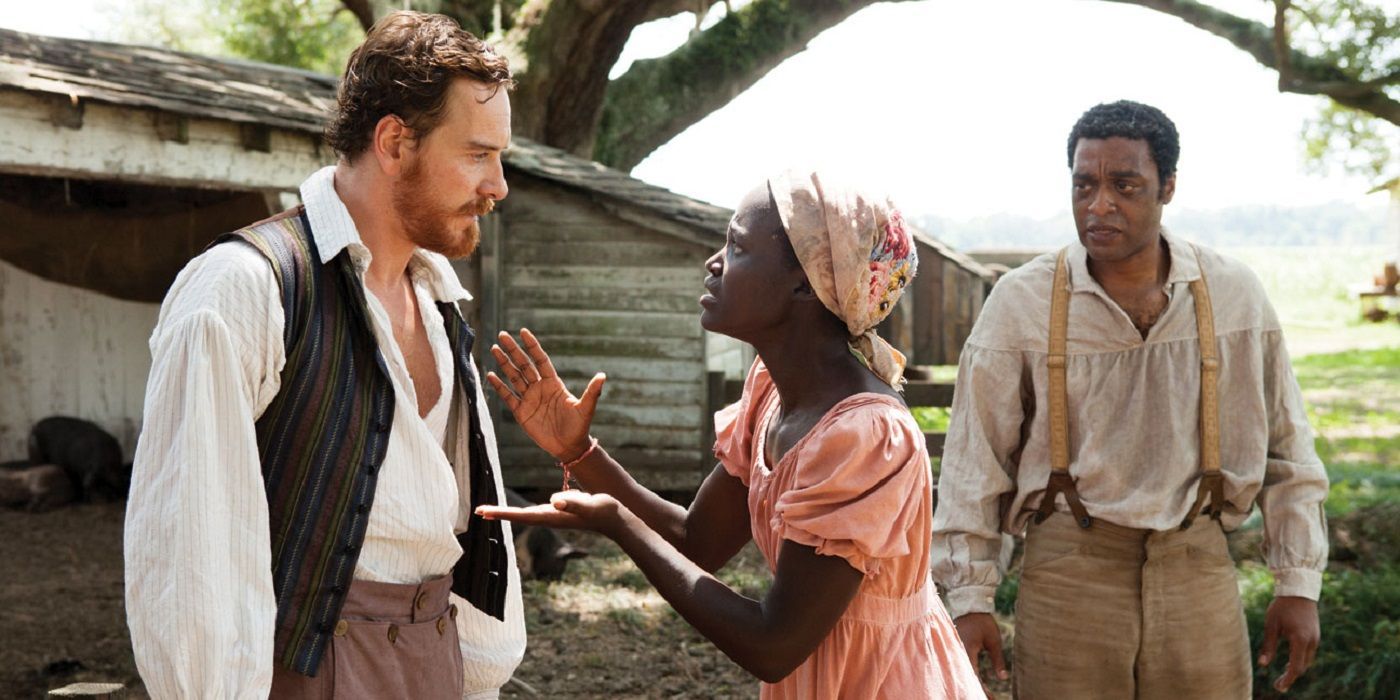
Depictions of slavery on-screen remain a contentious topic, especially as, even with the advancements made in Hollywood, Black representation remains thin on the ground and often consigned to broad stereotypes. Steve McQueen’s Oscar-winner 12 Years a Slave was described by many critics as the antidote to Gone With the Wind; an unflinchingly brutal depiction of slavery told from the point-of-view of the enslaved and made by Black filmmakers.
The best way to combat the power of Gone With the Wind, however, is to watch the stories of Black writers and directors that cover all corners of life in its richness and variety. Think of Barry Jenkins’s Moonlight, a masterpiece that tackles the intersections of race, sexuality, class, and family. Cheryl Dunye’s The Watermelon Woman examines how the Hollywood stories of the past continue to resonate, for better or worse, in the present day, as a gay Black woman tries to find out more about a mysterious Black actress from the early days of film. Boots Riley’s Sorry to Bother You is a scathing indictment of capitalism that refuses to shy away from how inherently racist this exploitative system is. Spike Lee’s filmography is loaded with incredible stories that center blackness at every turn (check out his masterful biopic Malcolm X for but one example of his skills). Even Ryan Coogler’s Black Panther is in its own way a rebuttal to Gone With the Wind, an Afrofuturist superhero epic that is easily the most political movie that Marvel Studios has ever made.
Gone With the Wind is a part of American culture and history in a way that cannot and never will be erased. It shouldn’t be either. Rather, it should be fully reckoned with, warts and all, and to do that, Hollywood and audiences as a whole need to be ready to confront some ugly and oft-overlooked truths. HBO Max’s decision feels like a step in the right direction. Here’s hoping that a lot of films follow in its footsteps.
